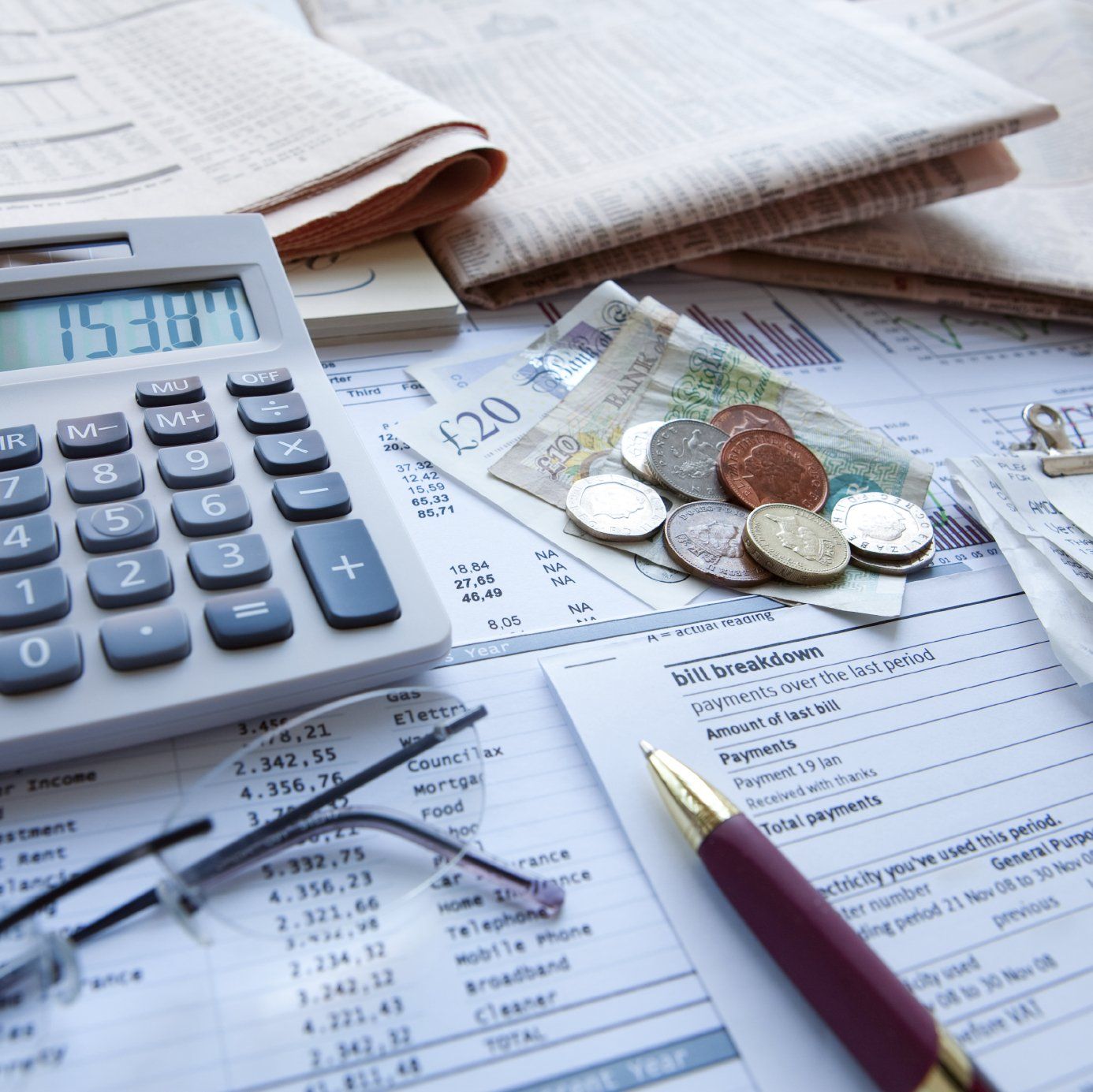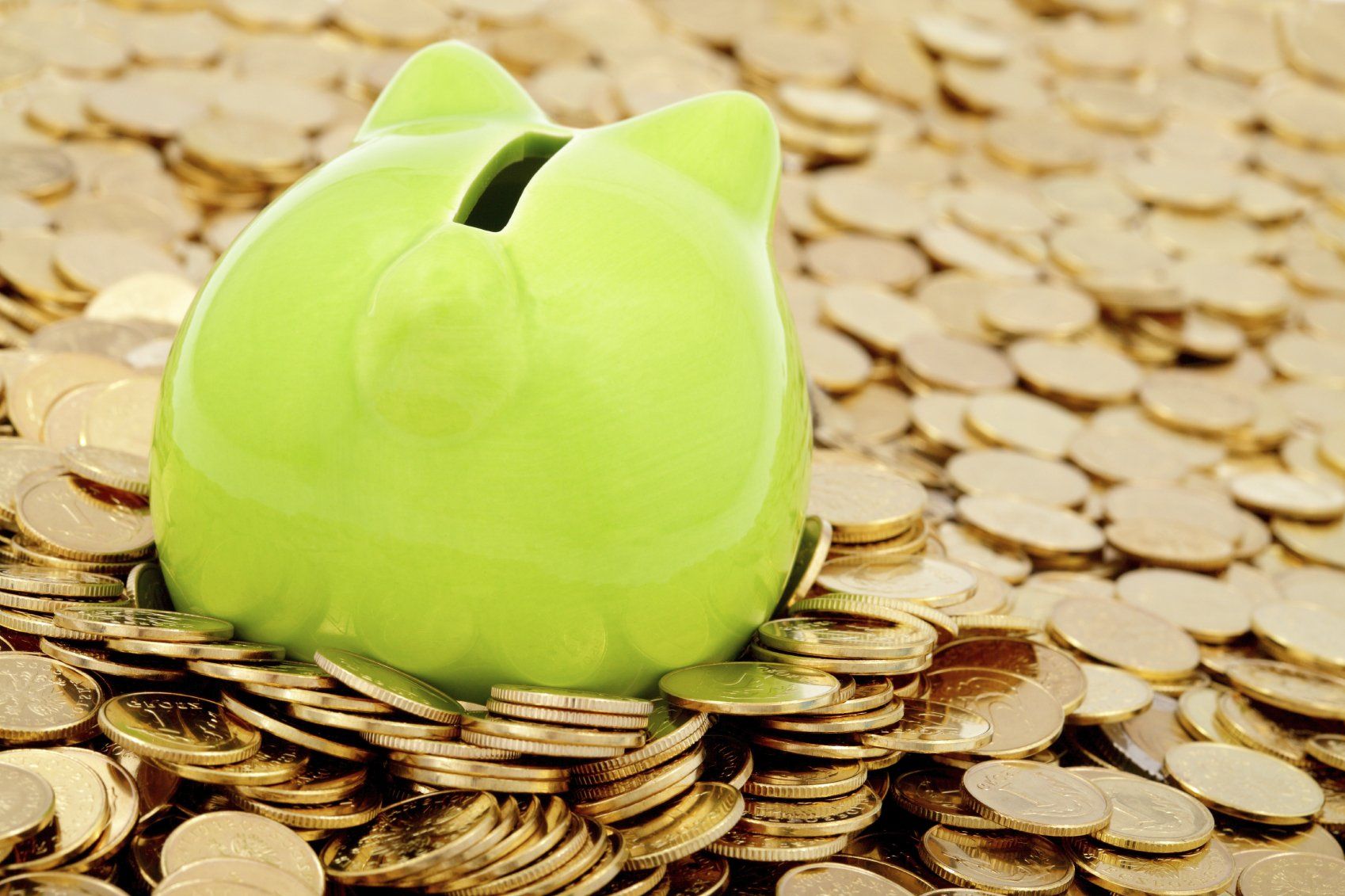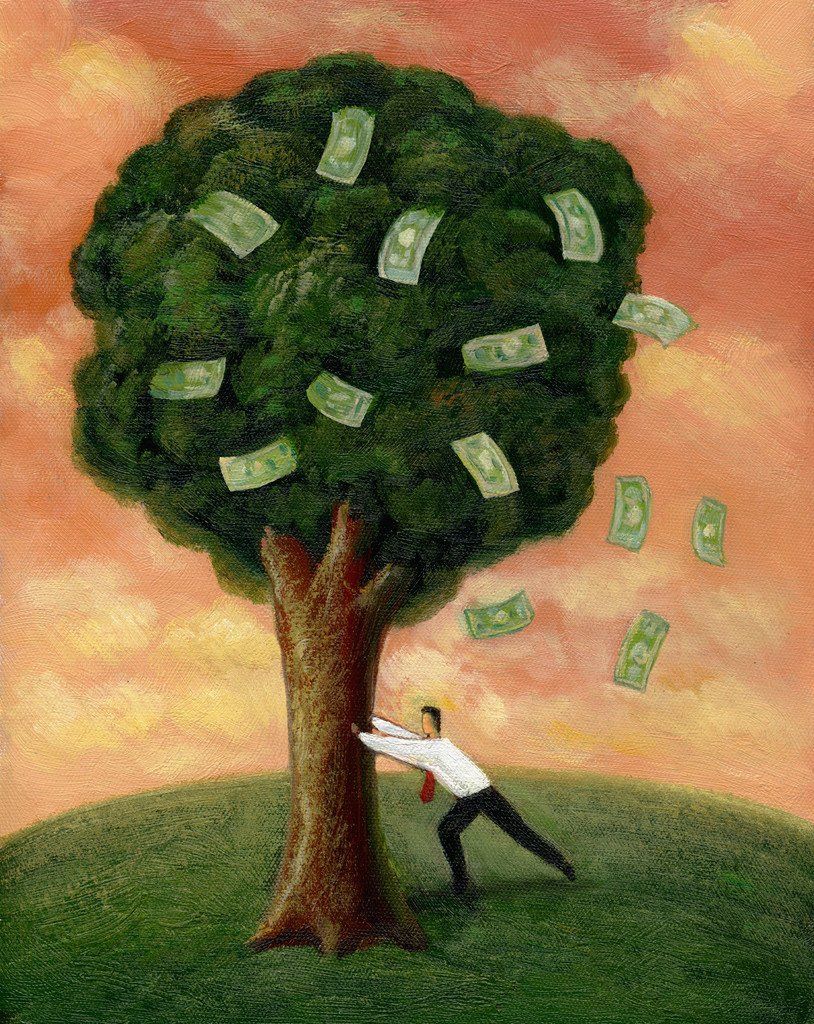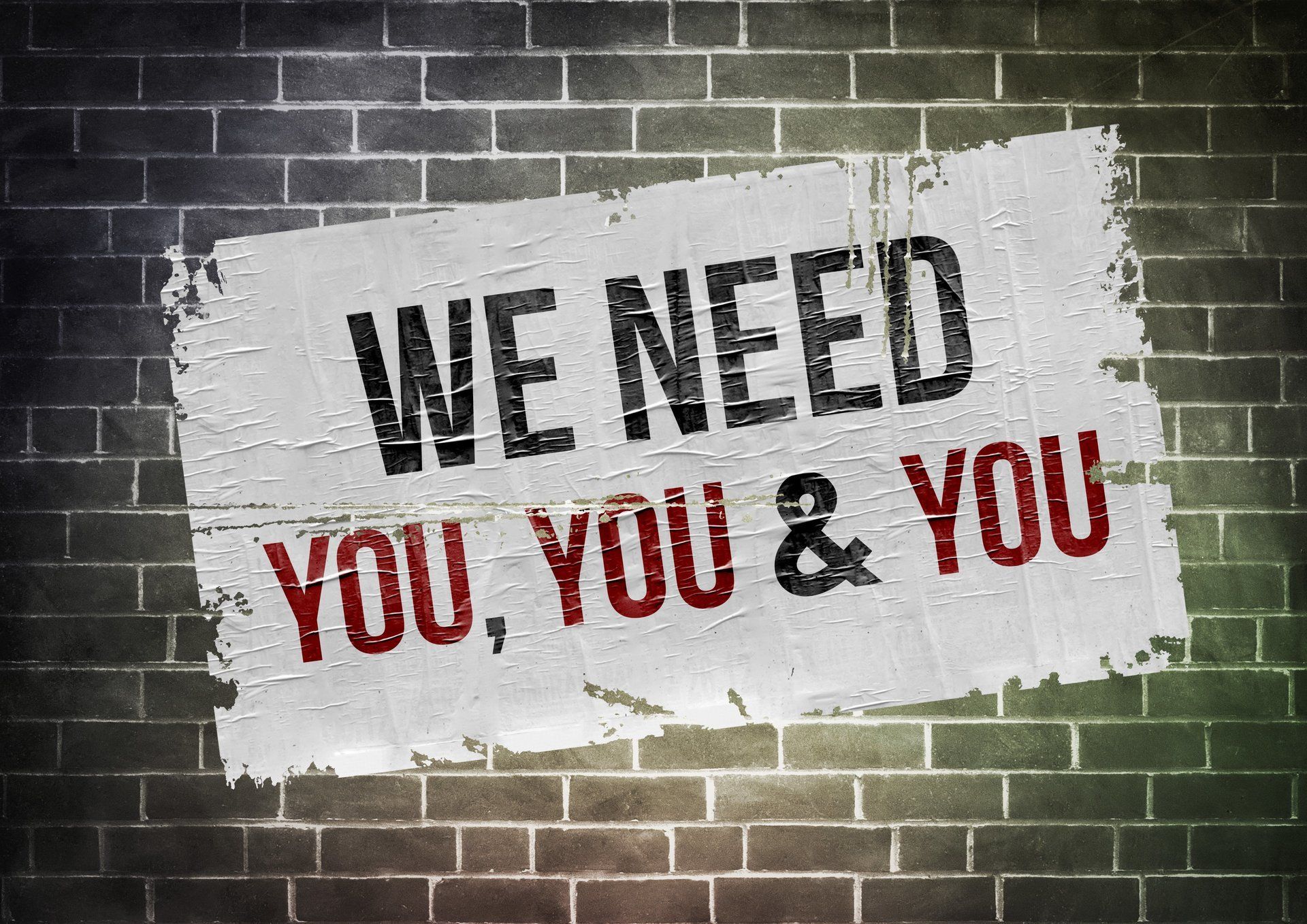In Search of Silver Linings
Gabor Balint • 7 May 2020
Could something good emerge from this lock-down?
It is always nice for a financial literacy person like me to find that his personal experience and perception of reality is mirrored by no other than the Bank of England - pretty good company, if I may say so myself. You see, I was beginning to wonder about the economic impact of the UK's efforts against COVID-19 not just on the overall economy but, more importantly, its component parts...like me and my household. So yesterday I decided to re-visit my quarterly financial review - the activity that all you financially literate people conduct, I am sure, on a regular basis to look at your income, expenditure, assets and liabilities, so that you have a good handle on your on financial position - to see what has happened to the Balint household since the UK Government decided that for my name-day (yes, that exists in my culture) it would give me the present of an open-ended lock-down.
Looking through the expenditure in particular, I was quite pleasantly surprised that whilst the monthly comparison periods for January and February were pretty constant, the first month of lockdown -i.e. 24Mar to 23Apr 2020 - shows a 19% reduction in overall, daily routine expenditure and the period since 24Apr to 06May2020, points to another 18% down. Continuing with this trend to 23May2020 would put our household spending on course to be 28% below the monthly figure ending 23March2020. Whilst I believe it is a very good discipline to save money, imagine my additional joy, when I read this morning the Bank of England's Monetary Policy Report May 2020, specifically that payments data point to a reduction in the level of household consumption of around 30%, thereby making my experience pretty typical.
Now, I know these are extraordinary circumstances and you know - if you read my blogs - that I am the first person to warn against a single factor evaluation. It is, however, quite an interesting piece of information, I think, on how adaptable we are and how we can actually continue to live OK on less money than we are used to. A cursory look over the expense items reveals that the main component parts of this reduction are in the discretionary items, the incidental, opportunistic spends here and there whilst out and about, the more frequent and less purposeful food shopping, lunch at work, petrol, etc. Now, you know I am not saying you should retreat into asceticism, but, instead, asking whether there is an opportunity here that is just too good to be missed to review spending habits and overall attitudes.
One of the other most interesting pieces of news I heard today related to how the UK Government's Cycle to Work Scheme is currently seeing a huge increase in applications, bicycle shops in the UK are selling more bikes faster than ever before and the Italian city of Milan is planning to turn 35km of streets over to cyclists and pedestrians. I rejoice for several reasons: it is clearly a good financial decision for you to take up the Cycle to Work scheme; as a previous cycle-commuter, I can endorse it for health and environmental reasons (as long as both cyclists and car drivers carry on the newly found courtesy during lock-down); but most importantly for the larger implication of positive change: my search for a silver lining.
You see, a highly intelligent friend of mine observed recently that in his multilateral organisation the overwhelming focus is on coming up with various economic models, financial packages, aid, loans, etc. to go back to essentially what was there before...We are not so sure that would lead to the best solution. There is, indeed, an opportunity to go back but not to what was there before but to first principles, to modify attitudes to consumption and to find better ways that are more human-oriented than throwing money at the problem and, therefore, have a higher chance of being sustainable and useful. There might just be a silver lining in all this. Consuming less and living well but differently are not mutually exclusive with a thriving and successful economy; we just must be smarter about it. If there is one thing I am certain of, it's that we have enough smart people to figure it out. You can start with your own review and contemplation and by making a small adjustment that makes you feel better about the world. And if you need any help with this, you know where to find me.









